January 19 stands as one of history’s most eventful days, witnessing the rise and fall of empires, groundbreaking discoveries, and moments that shaped our modern world across centuries of human achievement.
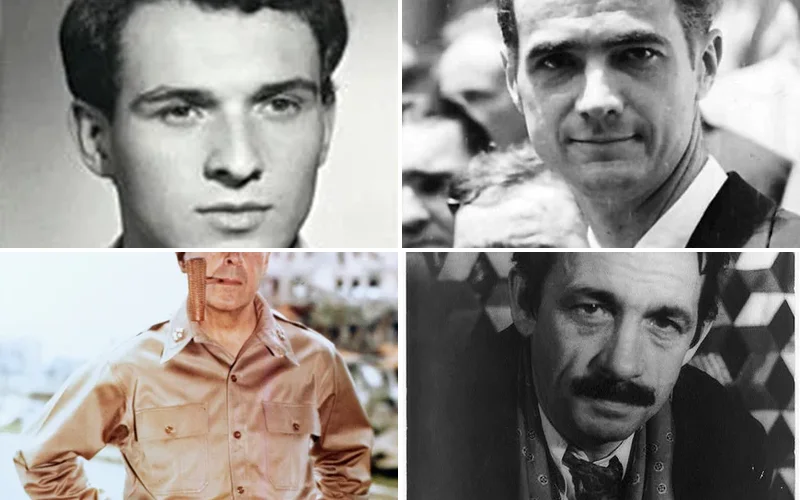
Politics and Government Events on January 19
1920 – United States Senate Rejects League of Nations Membership
The United States Senate delivered a decisive blow to President Wilson’s international vision by voting against joining the League of Nations. This rejection fundamentally altered America’s role in global diplomacy for decades.
The Senate’s isolationist stance prevented the United States from participating in the world’s first major international peacekeeping organization. This decision would have profound implications for American foreign policy throughout the interwar period.
1960 – US-Japan Mutual Security Treaty Signed

Japan and the United States formalized their post-war alliance by signing the landmark Mutual Security Treaty. This agreement transformed Japan from occupied territory to strategic partner in the Pacific region.
The treaty established the foundation for American military presence in Japan while guaranteeing mutual defense cooperation. This alliance would prove crucial during the Cold War and remains a cornerstone of Pacific security today.
1993 – Czech Republic and Slovakia Join United Nations
The newly independent Czech Republic and Slovakia gained formal recognition on the world stage by joining the United Nations. Their admission marked the peaceful completion of Czechoslovakia’s dissolution into two sovereign states.
Both nations quickly established themselves as active participants in international affairs. Their UN membership symbolized the successful transition from communist rule to democratic governance in Central Europe.
1997 – Yasser Arafat Returns to Hebron

Palestinian leader Yasser Arafat made his historic return to Hebron after more than 30 years of exile. His triumphant arrival coincided with celebrations marking the handover of the last Israeli-controlled West Bank city.
The moment represented a significant milestone in the Oslo peace process between Israelis and Palestinians. Thousands of Palestinians gathered to witness this symbolic transfer of authority in one of the region’s most contested cities.
2024 – Japan’s Historic Moon Landing Achievement
The Japan Aerospace Exploration Agency successfully landed their probe on the lunar surface, making Japan the fifth country to achieve this milestone. This technological triumph demonstrated Japan’s growing capabilities in space exploration.
The mission represented years of careful planning and advanced engineering by Japanese scientists. Japan’s lunar achievement reinforced its position as a major player in international space exploration efforts.
Military and Naval History on January 19
1915 – First Major Zeppelin Raid on Britain
German zeppelins launched the first major aerial bombardment of civilian targets during World War I, striking Great Yarmouth and King’s Lynn. The attack killed at least 20 people and marked a terrifying new phase of warfare.
This raid shattered the illusion that distance from the front lines guaranteed civilian safety. The psychological impact proved as significant as the physical damage, as British citizens faced the reality of aerial warfare for the first time.
1941 – HMS Greyhound Sinks Italian Submarine
HMS Greyhound and convoy escorts successfully destroyed the Italian submarine Neghelli with all hands northeast of Falkonera. This naval victory demonstrated the effectiveness of British convoy protection in the Mediterranean theater.
The engagement highlighted the ongoing struggle for control of Mediterranean shipping lanes during World War II. British naval superiority in escort operations proved crucial for maintaining supply lines to Allied forces.
1945 – Soviet Forces Liberate Łódź Ghetto
Soviet troops liberated the Łódź Ghetto, finding fewer than 900 survivors from the original population of over 200,000 inhabitants. This liberation exposed the horrific scope of Nazi genocide in occupied Poland.
The ghetto’s liberation revealed the systematic destruction of Jewish communities throughout Eastern Europe. The few survivors bore witness to one of history’s most devastating examples of ethnic cleansing and mass murder.
1991 – Iraq Launches Second Scud Attack on Israel
Iraq fired its second Scud missile into Israel during the Gulf War, injuring 15 people and escalating regional tensions. The attack tested the fragile coalition opposing Saddam Hussein’s regime in Kuwait.
International diplomacy prevented Israeli retaliation, which could have fractured the Arab-Western alliance against Iraq. The incident demonstrated the complex political calculations required to maintain the coalition throughout the conflict.
Science and Discovery Milestones on January 19
1915 – Georges Claude Patents Neon Tube
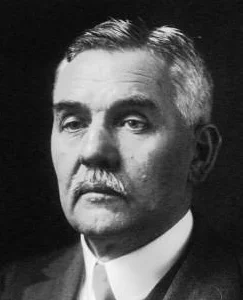
French inventor Georges Claude secured the patent for the neon discharge tube, revolutionizing advertising and urban illumination. His innovation would soon transform cityscapes around the world with brilliant colored light.
The neon tube’s development opened new possibilities for commercial signage and artistic expression. Cities like Las Vegas and Times Square would eventually showcase the full potential of Claude’s groundbreaking invention.
1946 – International Military Tribunal Established
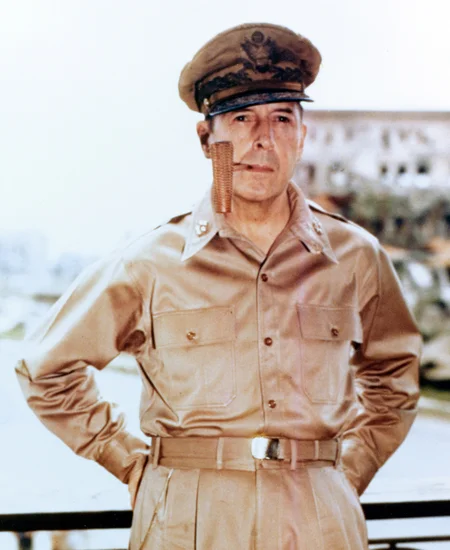
General Douglas MacArthur established the International Military Tribunal for the Far East in Tokyo to prosecute Japanese war criminals. This legal framework set crucial precedents for international justice and accountability.
The tribunal’s creation represented a significant step toward codifying international law regarding war crimes. Its proceedings would influence future international courts and the development of human rights legislation.
2007 – Antarctic Pole of Inaccessibility Reached
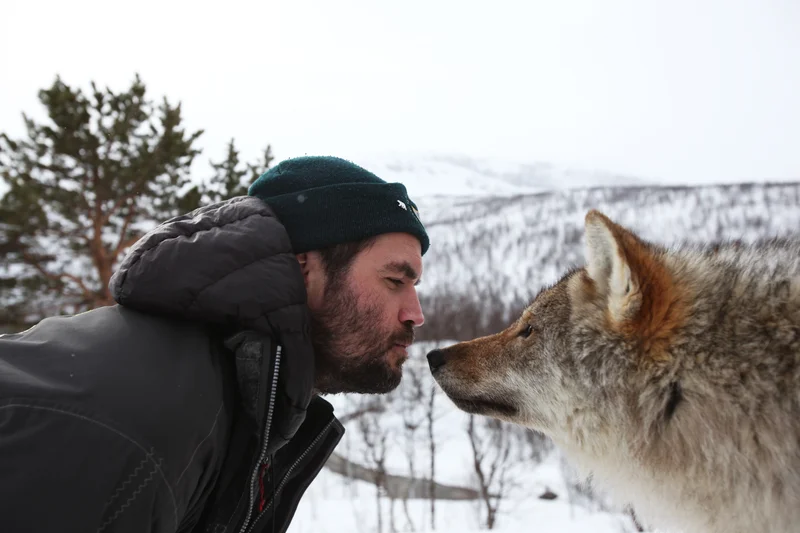
Team N2i completed an extraordinary 1,093-mile trek to reach the Antarctic pole of inaccessibility using only skis and kites. This achievement marked the first time since 1965 that explorers had reached this remote point.
The expedition demonstrated human endurance and navigation skills in Earth’s most challenging environment. Their success without mechanical assistance highlighted the continuing spirit of polar exploration in the modern era.
Cultural and Arts Events on January 19
1953 – I Love Lucy Breaks Television Records
Almost 72 percent of all American television sets tuned into I Love Lucy to watch Lucy give birth, creating television history. This episode achieved unprecedented viewership numbers that demonstrated TV’s growing cultural influence.
The episode’s massive audience proved television’s power to unite the nation around shared entertainment experiences. Lucy’s fictional birth coincided with Lucille Ball’s real-life delivery, creating a unique moment in broadcasting history.
1969 – Jan Palach’s Heroic Sacrifice
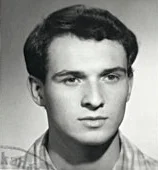
Czech student Jan Palach died after setting himself on fire in Prague’s Wenceslas Square to protest the Soviet invasion of Czechoslovakia. His funeral became a massive demonstration against communist oppression.
Palach’s sacrifice galvanized resistance to Soviet occupation and inspired countless others to oppose authoritarian rule. His act of protest became a powerful symbol of individual courage against overwhelming political oppression.
2007 – Hrant Dink Assassination Shocks Turkey

Turkish-Armenian journalist Hrant Dink was assassinated outside his Istanbul newspaper office by a 17-year-old ultra-nationalist. The murder sent shockwaves through Turkey’s intellectual and minority communities.
Dink’s death highlighted the dangerous tensions surrounding discussions of Armenian genocide in Turkey. His assassination sparked widespread protests and forced Turkey to confront its treatment of ethnic minorities and press freedom.
Religious and Social Events on January 19
1920 – American Civil Liberties Union Founded
The American Civil Liberties Union officially formed to defend constitutional rights and individual freedoms in the United States. This organization would become the nation’s premier advocate for civil liberties and social justice.
The ACLU’s founding reflected growing concerns about government overreach during the Red Scare period. The organization would play crucial roles in landmark Supreme Court cases defending freedom of speech, religion, and due process.
1977 – President Ford Pardons Tokyo Rose
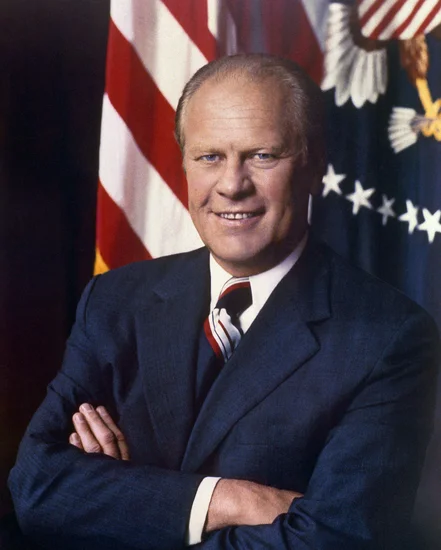
President Gerald Ford granted a full pardon to Iva Toguri D’Aquino, known as “Tokyo Rose,” ending decades of controversy over her wartime broadcasts. The pardon acknowledged questions about her conviction and treatment.
D’Aquino’s case highlighted the complex issues of loyalty, propaganda, and justice during wartime. Her pardon represented a significant moment in addressing potential injustices committed during World War II’s aftermath.
1990 – Kashmiri Pandits Exodus Begins
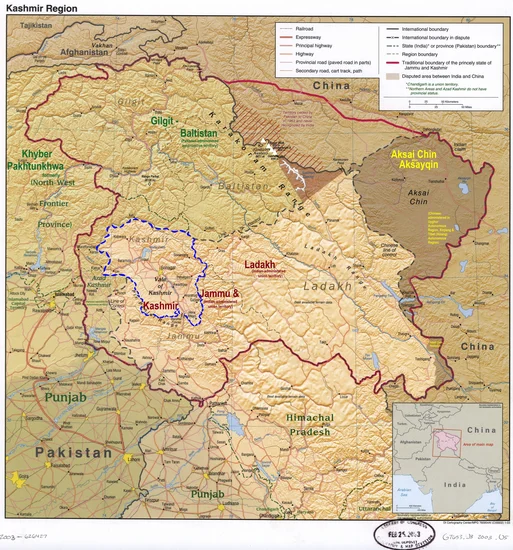
The exodus of Kashmiri Pandits from the Kashmir valley began due to rising insurgency and communal violence. This mass migration displaced thousands of families from their ancestral homeland.
The exodus represented a tragic chapter in Kashmir’s troubled history and highlighted the human cost of ethnic conflict. The displacement of the Pandit community fundamentally altered Kashmir’s demographic and cultural landscape.
Business and Economic Events on January 19
1978 – Last German Volkswagen Beetle Produced

The final Volkswagen Beetle manufactured in Germany rolled off the production line at VW’s Emden plant. This moment marked the end of an era for one of automotive history’s most iconic vehicles.
The Beetle’s German production end didn’t signal the car’s complete demise, as manufacturing continued in Latin America until 2003. The vehicle’s legacy as an affordable, reliable car had already transformed global automotive markets.
1999 – British Aerospace Creates BAE Systems

British Aerospace agreed to acquire General Electric Company’s defense subsidiary, forming BAE Systems in November 1999. This merger created one of the world’s largest defense contractors.
The deal consolidated British defense capabilities and created a company capable of competing with American defense giants. BAE Systems would become a major player in global aerospace and defense markets.
1996 – North Cape Oil Spill Disaster
The tugboat Scandia suffered an engine fire and ran aground on Moonstone Beach, causing the North Cape oil spill. This environmental disaster highlighted the ongoing risks of petroleum transportation along sensitive coastlines.
The spill caused significant damage to marine ecosystems and coastal communities in Rhode Island. The incident prompted renewed calls for improved safety measures in oil transport operations.
Transportation and Infrastructure on January 19
1937 – Howard Hughes Sets Aviation Record
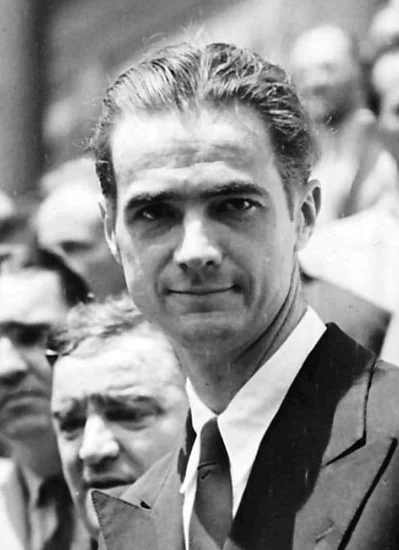
Howard Hughes established a new transcontinental speed record by flying from Los Angeles to New York City in seven hours, 28 minutes, and 25 seconds. His achievement demonstrated rapid advances in aviation technology.
Hughes’s record-breaking flight showcased the potential for commercial aviation to revolutionize long-distance travel. His success helped build public confidence in air travel and encouraged further investment in aviation infrastructure.
1981 – Iran Hostage Crisis Resolution
United States and Iranian officials signed an agreement to release 52 American hostages after 14 months of captivity. This diplomatic breakthrough ended one of the most challenging foreign policy crises in modern American history.
The agreement’s timing coincided with Ronald Reagan’s presidential inauguration, symbolically marking a new chapter in American foreign policy. The crisis had profound impacts on American politics and Middle Eastern relations.
2012 – Megaupload Shutdown
The FBI shut down the Hong Kong-based file-sharing website Megaupload, arresting its founder and associates. This action represented a major escalation in the battle against online piracy and copyright infringement.
The shutdown sent shockwaves through the internet community and sparked debates about digital rights and government authority. The case highlighted the complex challenges of regulating online content and protecting intellectual property.
Sports and Recreation on January 19
1995 – Bristow Helicopters Crew Rescued
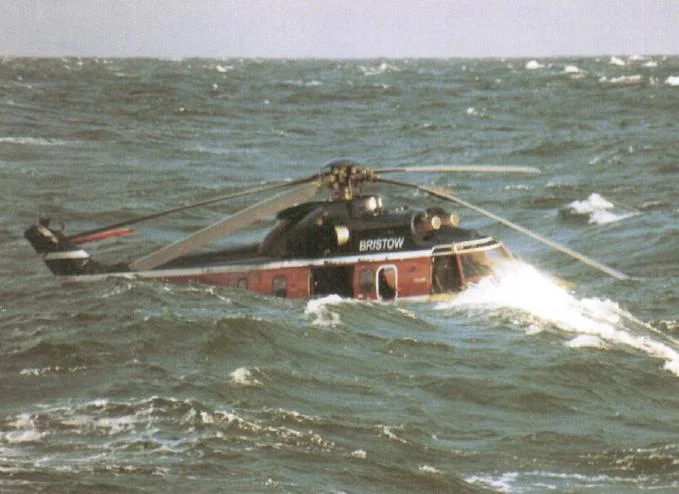
The crew of Bristow Helicopters Flight 56C successfully ditched their aircraft after being struck by lightning, with all 18 aboard later rescued. This dramatic incident demonstrated the effectiveness of emergency procedures and rescue operations.
The successful rescue highlighted the skill and training of both the flight crew and rescue personnel. The incident reinforced the importance of safety protocols in offshore helicopter operations.
2006 – Slovak Air Force Tragedy
A Slovak Air Force Antonov An-24 crashed near Hejce, Hungary, killing all 42 people aboard. This aviation disaster marked one of the deadliest accidents in Slovak military aviation history.
The crash prompted investigations into military aviation safety and highlighted the challenges of maintaining aging aircraft fleets. The tragedy had significant impacts on Slovak military aviation operations and safety protocols.
1960 – Scandinavian Airlines Flight 871 Crash
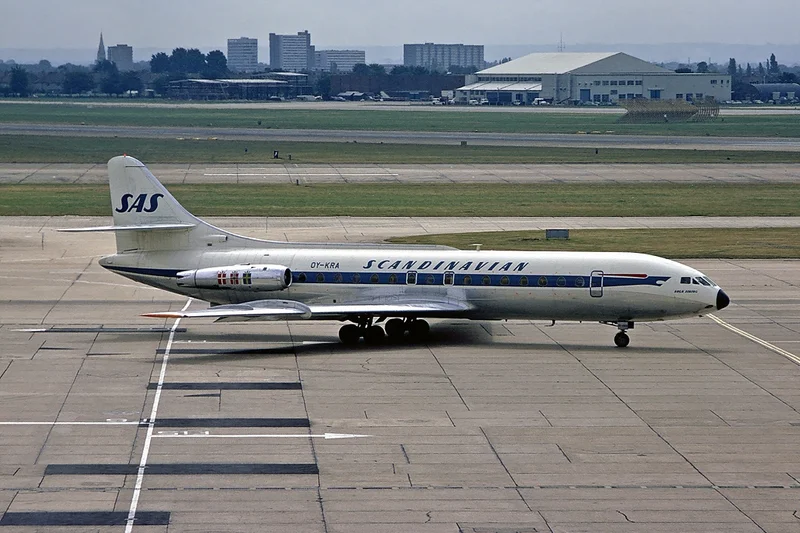
Scandinavian Airlines System Flight 871 crashed near Ankara Esenboğa Airport in Turkey, killing all 42 passengers and crew. This aviation disaster highlighted the ongoing challenges of international air travel safety.
The crash prompted investigations into aviation safety standards and airport approach procedures. The incident contributed to ongoing efforts to improve international aviation safety coordination and emergency response capabilities.
Notable Births on January 19
1946 – Dolly Parton Born

American singer-songwriter and actress Dolly Parton was born in rural Tennessee, beginning a journey that would make her a global entertainment icon. Her distinctive voice and songwriting talent would captivate audiences worldwide.
Parton’s career would span decades, producing countless hit songs and memorable performances. Her influence extends beyond music into philanthropy, business, and cultural advocacy throughout the American South.
1943 – Janis Joplin Born
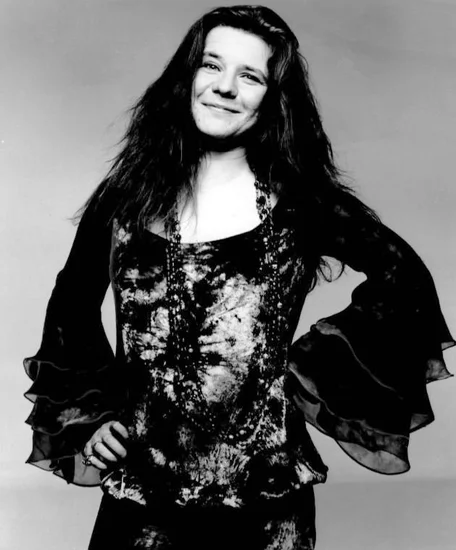
American singer-songwriter Janis Joplin entered the world in Port Arthur, Texas, destined to become one of rock music’s most powerful voices. Her raw, emotional singing style would revolutionize popular music.
Joplin’s brief but brilliant career helped define the counterculture movement of the 1960s. Her passionate performances and blues-influenced rock sound made her an enduring symbol of artistic authenticity.
1946 – Julian Barnes Born

English novelist Julian Barnes was born in Leicester, beginning a literary career that would earn international acclaim. His sophisticated prose and philosophical depth would distinguish him among contemporary writers.
Barnes’s novels explore themes of memory, mortality, and human relationships with remarkable insight. His work would eventually earn him prestigious literary awards including the Man Booker Prize.
1980 – Jenson Button Born

English racing driver Jenson Button was born in Frome, Somerset, destined for Formula One greatness. His natural talent and determination would carry him to the pinnacle of motorsport.
Button’s career would culminate in winning the Formula One World Championship in 2009. His success demonstrated the continuing strength of British involvement in international motor racing.
1982 – Pete Buttigieg Born
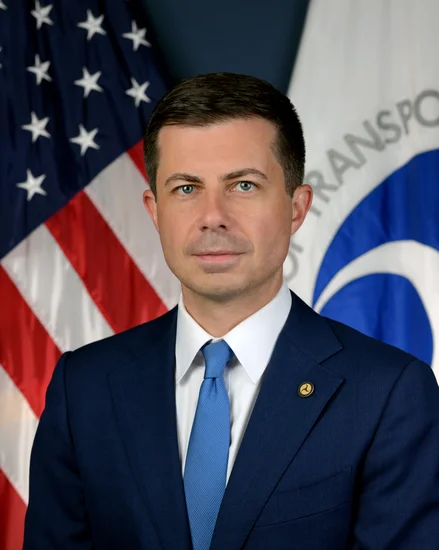
American politician Pete Buttigieg was born in South Bend, Indiana, beginning a life of public service. His intellectual capabilities and communication skills would propel him to national prominence.
Buttigieg’s political career would make him a significant figure in Democratic politics and LGBTQ+ representation. His presidential campaign and cabinet service demonstrated his influence on American political discourse.
1937 – Phil Everly Born

American singer-songwriter Phil Everly was born in Chicago, Illinois, destined to become half of the legendary Everly Brothers. His harmonious vocals would help define early rock and roll music.
The Everly Brothers’ close harmonies and acoustic guitar work influenced countless musicians. Their contribution to popular music helped bridge the gap between country and rock genres.
1966 – Stefan Edberg Born

Swedish tennis player Stefan Edberg was born in Västervik, beginning a career that would make him one of tennis’s greatest champions. His serve-and-volley style epitomized classical tennis excellence.
Edberg’s graceful play and sportsmanship earned him multiple Grand Slam titles and worldwide respect. His success helped establish Sweden as a major force in international tennis competition.
Notable Deaths on January 19
2000 – Hedy Lamarr Dies
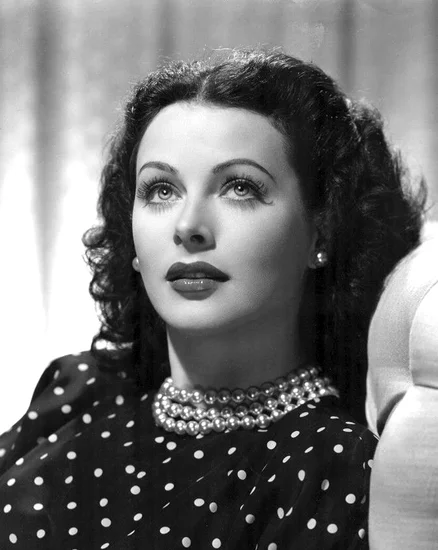
Austrian-American actress Hedy Lamarr passed away, ending a remarkable life that combined Hollywood glamour with scientific innovation. Her beauty made her a screen legend while her inventive mind contributed to modern technology.
Lamarr’s frequency-hopping patent laid crucial groundwork for wireless communication systems. Her dual legacy as entertainer and inventor challenged stereotypes about women’s capabilities in science and technology.
1998 – Carl Perkins Dies
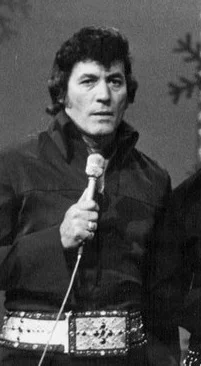
American singer-songwriter Carl Perkins died, concluding a career that helped create rock and roll music. His guitar playing and songwriting influenced generations of musicians across multiple genres.
Perkins’s “Blue Suede Shoes” became a defining song of early rock and roll. His contributions to rockabilly and country music earned him recognition as one of music’s most important pioneers.
2006 – Wilson Pickett Dies
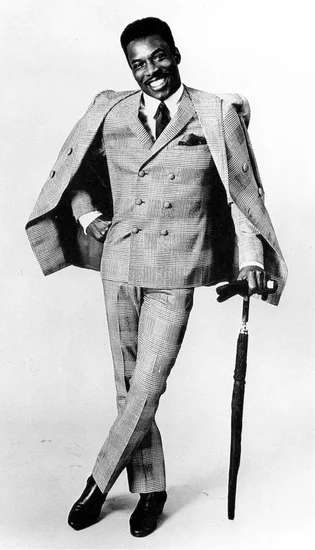
American singer-songwriter Wilson Pickett passed away, ending a career that defined soul music’s power and passion. His dynamic vocal style and energetic performances made him a legendary performer.
Pickett’s hits like “In the Midnight Hour” became soul music classics. His influence on rhythm and blues helped shape the sound of popular music throughout the 1960s and beyond.
2013 – Stan Musial Dies

American baseball player Stan Musial died, concluding one of baseball’s greatest careers. His consistency and sportsmanship made him a beloved figure in American sports history.
Musial’s remarkable statistics and character earned him recognition as one of baseball’s finest players. His 22-year career with the St. Louis Cardinals exemplified excellence and dedication to the game.
1980 – William O. Douglas Dies
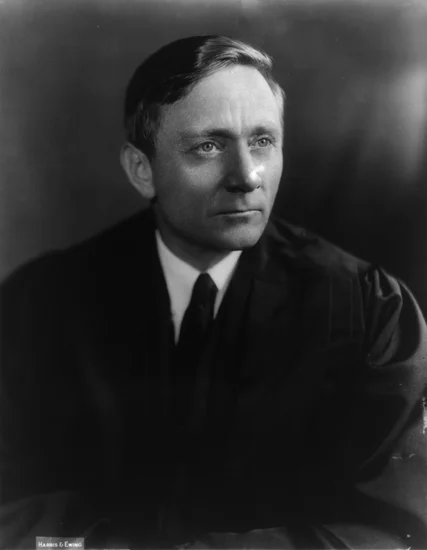
American lawyer and Supreme Court Justice William O. Douglas passed away, ending a distinguished career defending civil liberties. His progressive judicial philosophy influenced decades of constitutional law.
Douglas served on the Supreme Court for 36 years, the longest tenure in the Court’s history. His commitment to individual rights and environmental protection left a lasting impact on American jurisprudence.
1975 – Thomas Hart Benton Dies
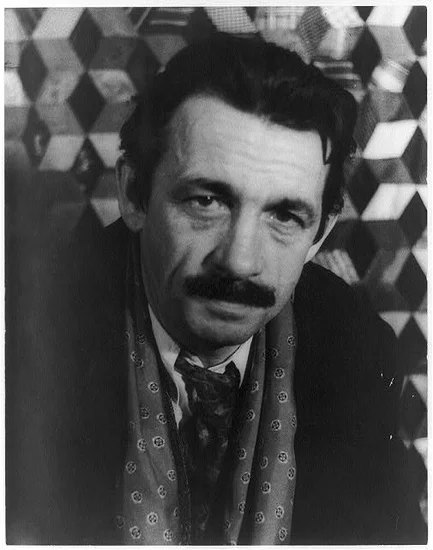
American painter Thomas Hart Benton died, concluding a career that celebrated American regionalism in art. His murals and paintings captured the spirit of rural and industrial America.
Benton’s work rejected abstract modernism in favor of representational art depicting American life. His influence on American painting helped establish a distinctly national artistic identity.
Holidays and Observances on January 19
Theophany and Epiphany Celebrations
Eastern and Oriental Orthodox churches celebrate Theophany or Epiphany on January 19, commemorating Christ’s baptism in the Jordan River. This feast day holds profound spiritual significance for millions of Orthodox Christians worldwide.
The celebration includes special liturgical services and the blessing of water in Orthodox communities. Many Orthodox countries observe this as a major religious holiday with traditional ceremonies and family gatherings.
Confederate Heroes Day Observance
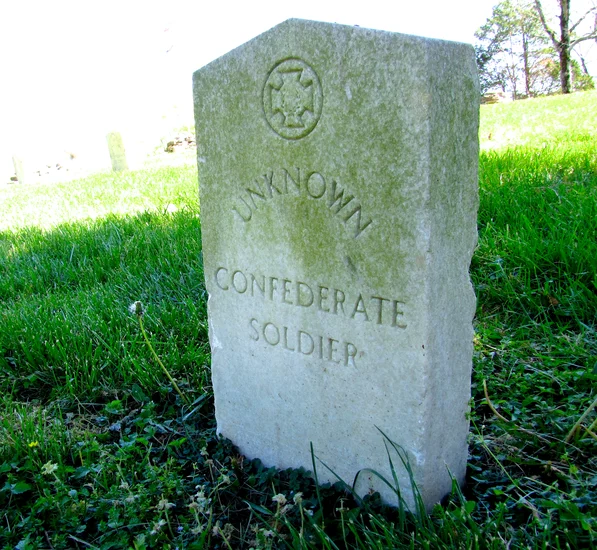
Texas observes Confederate Heroes Day on January 19, honoring those who served in the Confederate military during the American Civil War. This state holiday reflects the complex legacy of the Civil War in American memory.
Several Southern states coordinate related observances including Robert E. Lee Day in Alabama, Arkansas, Florida, Georgia, and Mississippi. These commemorations continue to generate discussion about historical memory and reconciliation.
Husband’s Day in Iceland
Iceland celebrates Husband’s Day on January 19, a unique cultural tradition that honors married men. This observance reflects Iceland’s distinctive approach to family relationships and social customs.
The holiday provides an opportunity for families to recognize the contributions of husbands and fathers. Iceland’s progressive social policies often include creative approaches to celebrating family relationships and gender equality.
